Image from Poynter
Religious freedom and pluralism are fundamental human rights that are enshrined in international law. However, in Russia, these rights are often subject to restrictions and limitations imposed by the government. This article explores the state of religious freedom and pluralism in Russia, examining the rights granted to religious minorities and the restrictions they face.
Rights of Religious Minorities in Russia
Russia’s constitution guarantees the right to freedom of conscience and religion. This includes the right to practice, profess, and disseminate one’s religious beliefs. Religious minorities in Russia are legally allowed to worship and conduct religious activities without interference from the state.
- Orthodox Christianity is the dominant religion in Russia, but the country is home to a diverse range of religious communities, including Muslims, Buddhists, Jews, and Protestants.
- Religious minorities have the right to establish places of worship, publish religious materials, and engage in religious education.
Restrictions on Religious Freedom in Russia
Despite the constitutional protections for religious freedom, religious minorities in Russia often face discrimination and persecution. The Russian government has implemented laws and policies that restrict the activities of certain religious groups.
- In 2016, Russia passed an anti-terrorism law that placed restrictions on religious activities, including banning missionary work outside of designated places of worship.
- The Russian Orthodox Church, which has close ties to the government, enjoys preferential treatment over other religious groups.
Case Study: Jehovah’s Witnesses
One of the most high-profile cases of religious persecution in Russia is the targeting of Jehovah’s Witnesses. In 2017, the Russian Supreme Court declared the Jehovah’s Witnesses an extremist organization and banned their activities in the country.
- Since the ban, Jehovah’s Witnesses in Russia have faced harassment, arrests, and property seizures.
- International human rights organizations have condemned Russia’s treatment of Jehovah’s Witnesses as a violation of religious freedom.
Conclusion
Religious freedom and pluralism in Russia are complex issues that involve a delicate balance between individual rights and state control. While the Russian constitution guarantees religious freedom, the reality on the ground is often different, with religious minorities facing discrimination and persecution. It is essential for the Russian government to uphold the rights of all religious communities and ensure that they can practice their faith without fear of reprisal.















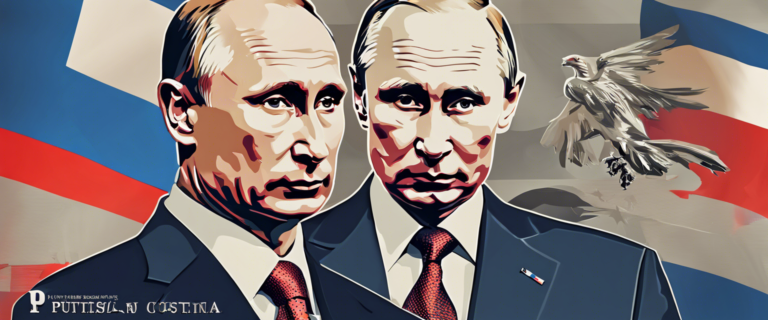
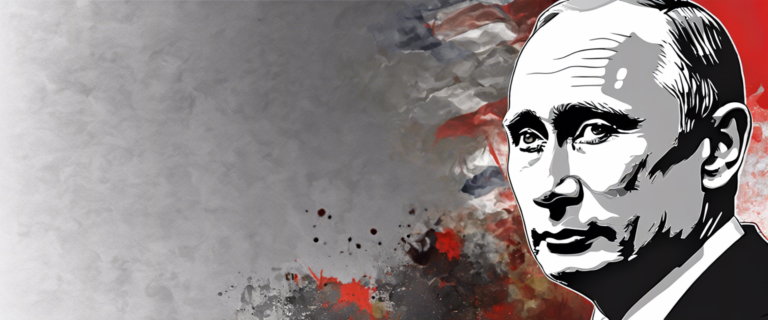
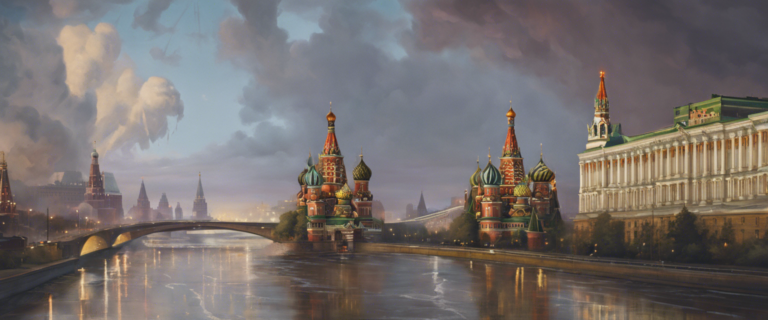
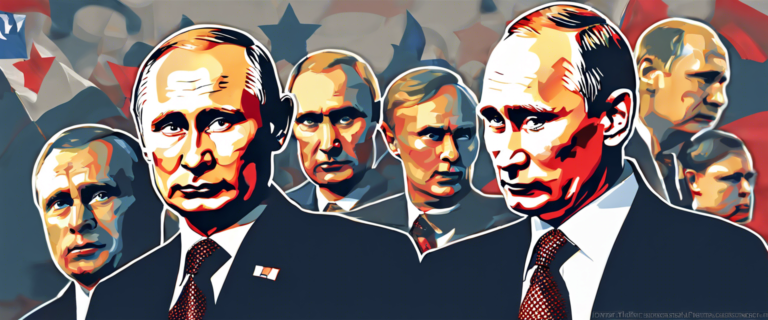
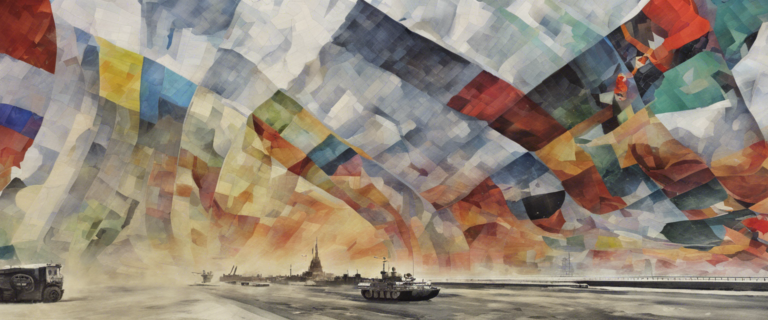


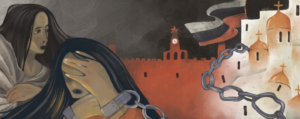








+ There are no comments
Add yours